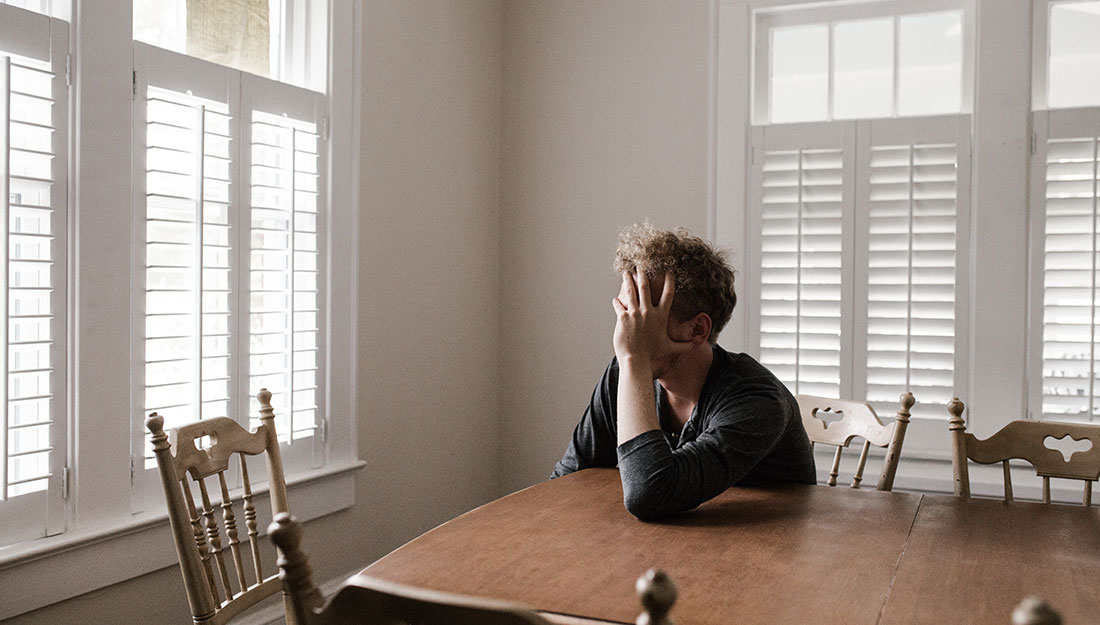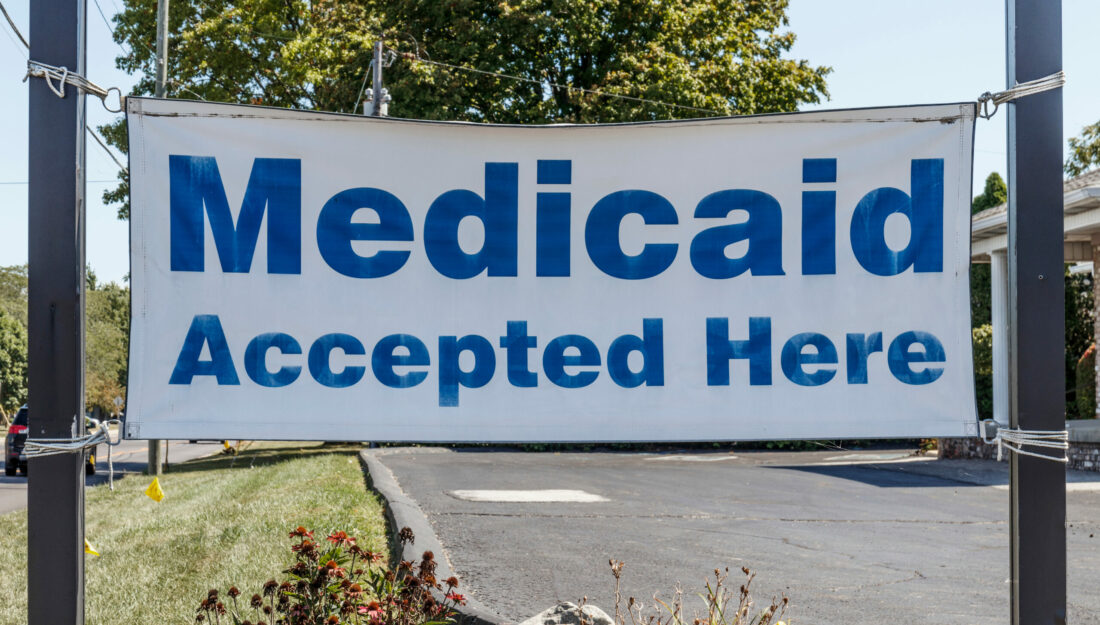- Mary Leigh Meyer
- COVID-19, Healthy Living, Medicine, Show on VR homepage, Trending
4 ways to ease COVID-19-related anxiety
Psychologists with Texas A&M Health Behavioral Care discuss helpful tips to survive the COVID-19 coronavirus outbreak with your mental health intact

Every few years, the world sees a new virus outbreak that has the potential to transcend national boundaries and affect thousands, if not millions, of people. The newest coronavirus has done just that, causing a global pandemic that nations are grappling with in unprecedented ways.
“The uncertainty of this new illness can cause significant stress and anxiety for people,” said Carly McCord, PhD, director of Telebehavioral Care at Texas A&M Health, clinical assistant professor at the Texas A&M College of Medicine and Texas A&M College of Education and Human Development. “We know high stress is correlated with poor immune function and longer recovery durations,” she said. McCord and fellow psychologist from Texas A&M Health Telebehavioral Care, Kelly Sopchak, PhD, discuss some common ways to destress during the COVID-19 pandemic.
Utilizing your physical health
“Too often, self-care can be perceived as selfish, especially in the workplace,” McCord said. “However, in this case, self-care is actually self-preserving and selfless. If you are promoting your own health, then you are also helping other people.” The Centers for Disease Control and Prevention (CDC) recommends staying home when you are sick, because you could pass COVID-19 to someone else. “If you feel sick, stay home. Your choice to stay home could protect those around you.”
McCord also recommends a healthy diet and regular exercise as those activities have also been known to improve your mental and physical health. “If you are feeling more anxiety than normal, try to avoid alcohol,” Sopchak said. “We know it can increase anxiety levels and can also suppress immune function.”
Controlling your thoughts
“Take time to educate yourself about the novel coronavirus through legitimate sources of information,” Sopchak said. “You should give yourself a set timeframe to read and focus on that information. If possible, literally set a timer to limit your media exposure to once or twice a day.”
McCord suggests digesting enough information and news to make informed decisions about your health, but do not stew on it too long. “In a pandemic or a viral outbreak like with this new coronavirus, we have a lot of uncertainty and unknowns,” McCord said. “Often, we do not have a lot of statistics to allow us to interpret the threat. However, with COVID-19, we do have some statistics and trends to use to inform us.” She recommends following along on the CDC and World Health Organization (WHO)’s webpages to stay up to date.
Volunteering and embracing your social support
“One of the most tried-and-true ways to promote your own well-being and physical health is volunteering,” McCord said. “Give yourself to those around you. You can find ways to volunteer without putting yourself into direct contact with other people.” She recommended calling your elderly relatives or making meals for neighbors who may need more help.
Furthermore, many groups like your food bank or community shelter may need a little extra support during this time. If you have the skills and resources, many people can also donate their time by sewing face masks and sharing them with local groups around their community. Be creative and inquire about ways you can volunteer while protecting the safety of yourself and those around you.
Protecting your mental health
People are facing unprecedented financial, social, physical and mental struggles. “Everyone is impacted by this pandemic, whether they are working long shifts in the emergency department or setting up a home office,” McCord said. “The important thing is to know that you are not alone.”
If you need help managing your thoughts and anxiety about the COVID-19 pandemic, reach out. The State of Texas recently launched the COVID-19 Mental Health Support line that you can call 24 hours a day, seven days a week at 833.986.1919. Also, the Substance Abuse and Mental Health Services Administration hosts a Disaster Distress Helpline at 1.800.985.5990 or via text at 66746. Residents of the Brazos Valley of Texas may access Texas A&M Telebehavioral Care services by calling 979.436.0700. Wherever you live, many mental health practitioners are now helping people over the phone as well as through video conference calls.
Media contact: media@tamu.edu


